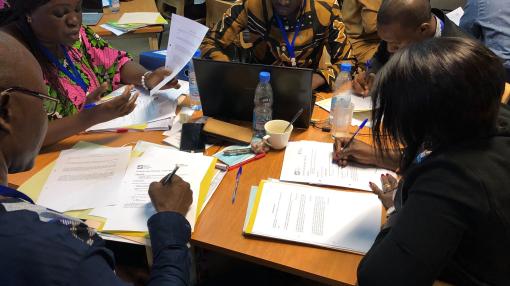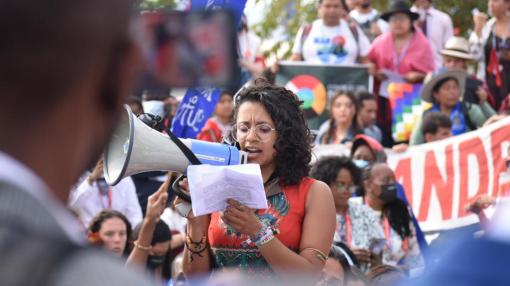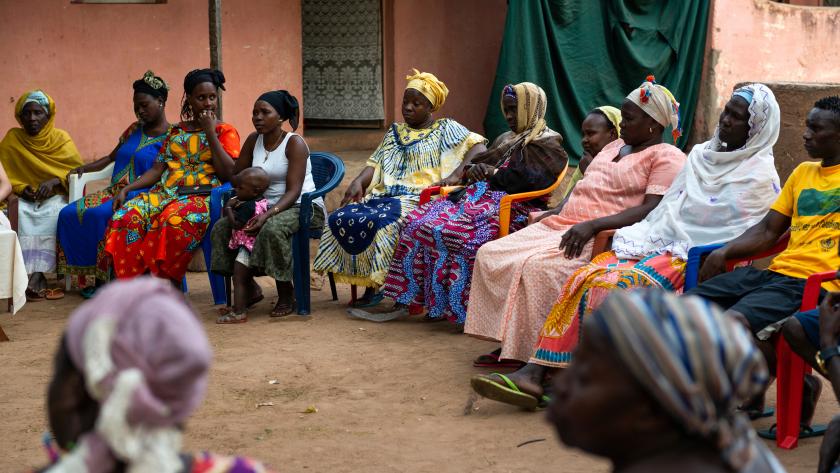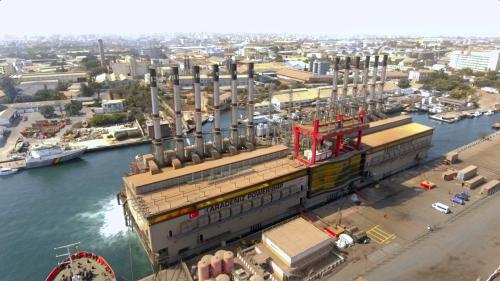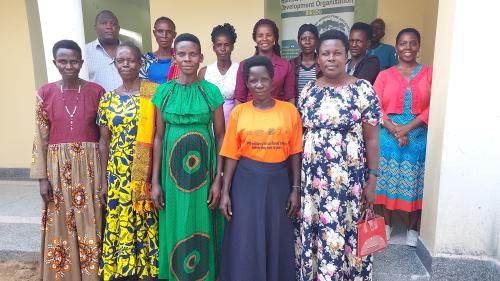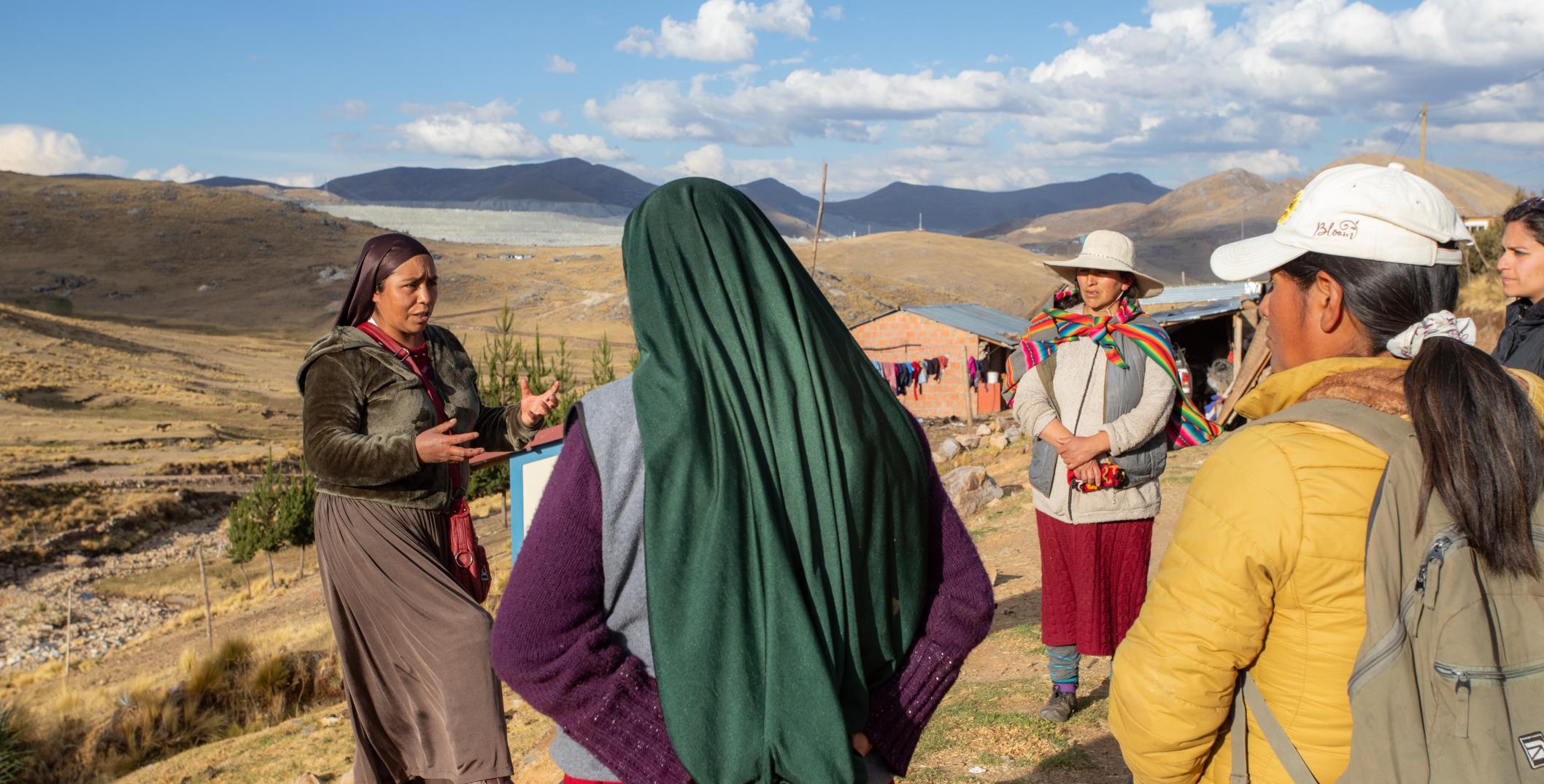
Just energy transition
As the global energy transition accelerates, decisionmakers must ensure that it is just, inclusive and equitable—with people’s needs at its center.
To be just, the energy transition must be well-governed and address poverty and social inequity, while also tackling the impacts of the climate crisis and environmental degradation. As governments face critical decisions, officials must ensure that the transition delivers sustainable and inclusive development by putting people first. This is especially important in countries that are highly dependent on fossil fuel assets at risk of being “stranded” (made economically unviable). Participation of all stakeholders, access to information and accountable government are key to ensuring a just transition.
NRGI’s programs have evolved to incorporate the global energy transition as it has gotten underway. NRGI works with governments and civil society actors in resource-rich countries to increase their influence in international discussions about the energy transition, which has significant implications for citizens and their livelihoods. NRGI also aims to increase the scale of well-governed finance for climate action to support countries’ energy transitions, and to ensure that citizens in resource-producing countries benefit from equitable domestic energy transitions.
Related people

Paul Bagabo
Senior Officer

Fernanda Ballesteros
Mexico Country Manager

Nafi Chinery
Africa Director

Ana Carolina González Espinosa
Senior Director for Programs

Andrea Furnaro
Policy Analyst

Tengi George-Ikoli
Senior Officer

Denis Gyeyir
Africa Senior Program Officer

Antonio Hill
Advisor

Laury Haytayan
Middle East and North Africa Director

Hanen Keskes
Middle East and North Africa Senior Officer

Melissa Marengo
Senior Program Officer

Juliana Peña Niño
Latin America Senior Officer
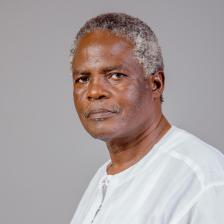
Silas Olan'g
Africa Energy Transition Advisor

Fernando Patzy
Andean Manager

Robert Pitman
Senior Governance Officer

Lucain Nyassi Tchakounte
Capacity Development Officer

Abir Yahyaoui
Tunisia Officer
Filter by



